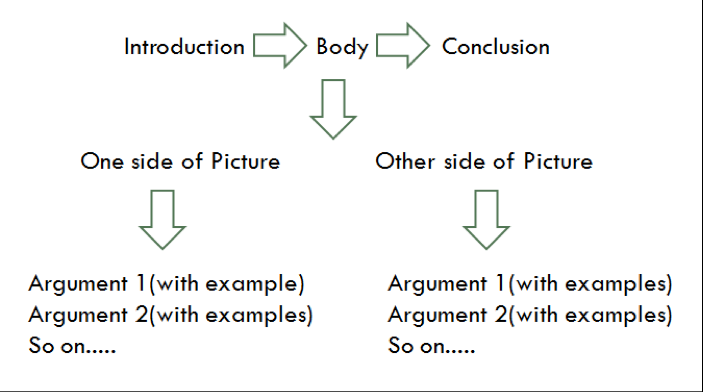(HOT) UPSC Current Affairs 2025 PDF
NEW! The Gist (NOV-2025) | E-BOOKS
(Getting Started) Essay Writing in UPSC - The Do's and Don'ts
(Getting Started) Essay Writing in UPSC - The Do's and Don'ts
“I write to find out what I think.”
– Stephen King, American Author
This quote is the first thing you need to keep in mind when preparing for your UPSC Civil Services Mains Exam Essay paper. Only by writing will you ever learn how to score well in this paper. In this article, we will discuss the basic steps you need to follow to write good essays.

Understanding What UPSC Wants From Your Essay
“Candidates may be required to write essays on multiple topics. They will be expected to keep closely to the subject of the essay, to arrange their ideas in an orderly fashion, and to write concisely. Credit will be given for effective and exact expression.”
This is directly picked from what UPSC mentions in its syllabus. The main difference between GS and Essay is in the fact that in GS, you are awarded marks on content alone. For essay, grammar, coherence, language, and presentation is key.
A good starting place is looking at previous years' question papers. They give you an idea of the kind of topics UPSC expects you to write about.
Do's
-
Vocabulary and Grammar
Grammatically correct sentences, with correct spellings, along with better than average vocabulary will give you an edge over the competition. Work on developing these skills from day one.

-
Subheadings
Subheadings not only make your answer more readable; it helps keep your essay fluid. Unlike in GS, your subheadings must not be titles of your segment, but try and be a little more creative. For example, using 'The Disadvantages Of Social Media' does the job in GS. But in essays, something like 'The Perils Of Social Media' will fetch you brownie points.
-
Coherence
Keep a flow to your answer. One segment shouldn't appear random after another. Allow the last line of your last paragraph to be a link for the first line of your next paragraph, making the whole essay coherent.
UPSC Mains Essay Papers Download
-
Interesting Introduction
You are used to writing either definitions or facts as introductions in GS papers. For essays, you need to make an extra effort. You can start with a relevant quote by a famous personality or either a real-life or fictitious story that adds to the arguments you are about to make.
-
Substantial Arguments In Body
There should be valid facts and statistics backing your arguments. Remember your opinion does not hold any value till valid arguments are backing it. Use conclusions drawn in government reports or reports by qualified bodies and experts, draw statistics from reports published. They will elevate your answer.
-
Futuristic and Optimistic Conclusion
And finally, leave the examiner hopeful with your conclusion. Present solutions. You can quote speeches by the prime minister or other government officials and plans and commissions in the process.

Don'ts
- Focus on multiple dimensions. Do not go overboard on a single dimension or point. All points require similar attention.
- Remember, what you feel is irrelevant. Only what you can argue with facts is important. Keep opinions that cannot be substantiated to yourself.
- Do not select topics you were not comfortable writing when practicing. You will not get magically good at it during the exam.
- Avoid extremes. Even if you have a good point, taking an extreme or unpopular opinion can do more harm than good.
- Do not dedicate too long a time to one essay that you fall short on the other.
Follow these tips and surely with the right amount of practice, you'll score impressively well in your Essay paper. All the best!
CLICK HERE TO DOWNLOAD UPSC TOPPERS NOTES


